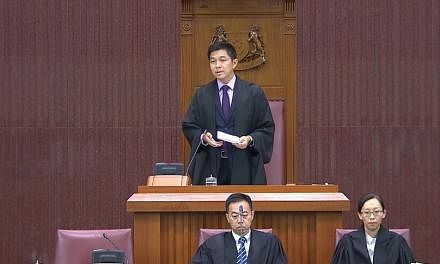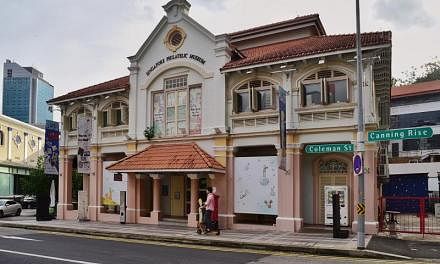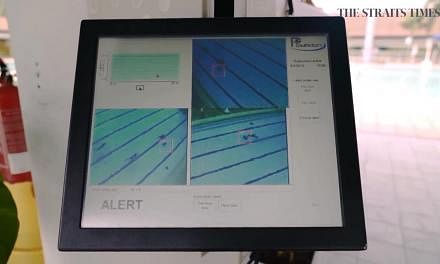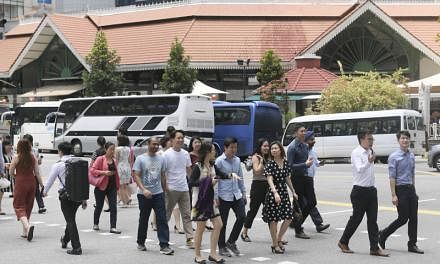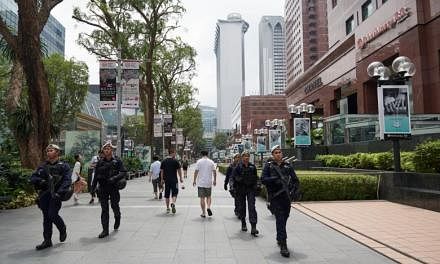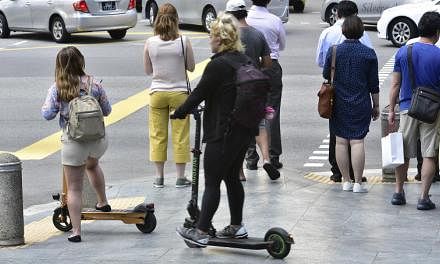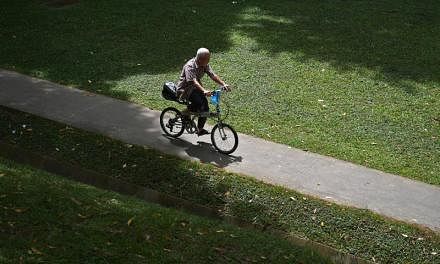SINGAPORE - A tiered goods and services tax (GST) that imposes higher rates on luxury items than on daily necessities would be a less efficient way to help the lower income compared with Singapore's current approach, Finance Minister Heng Swee Keat said in Parliament on Thursday (Feb 28).
Such a multi-rate tax would be difficult to implement, and the cost of enforcing such a tax regime would ultimately be passed on to consumers, said Mr Heng, rejecting MP calls in the 2019 Budget debate, and in previous years, to implement a tiered regime based on what poorer Singaporeans spend on.
Instead, the Government prefers a flat GST rate while providing structural offsets through GST vouchers, with more offsets going to help lower-income households and seniors. This is on top of other schemes and programmes to help those who are less well-off, he said.
The multi-rate tax concept, most recently suggested by Mr Saktiandi Supaat (Bishan-Toa Payoh GRC), was touted as a means to help make the GST system more progressive.
Fine dining services, said Mr Saktiandi, could be given a 10 per cent GST, while necessities such as rice could be taxed at a lower 3 per cent rate.
But Mr Heng, in his speech responding to 55 MPs over three days of debate, noted that it is difficult to define what qualifies as a necessity.
"Take bread, for example. There are the white and wholemeal loaves that you can find at supermarkets, but there are also loaves sold at artisan bakeries. On top of that, there are so many other types of bread - floss buns, baguettes, kaya toast at your coffeeshop," he said.
"Where do we draw the line?"
Better-off households also tend to spend more in absolute terms and would therefore reap more benefits from reduced GST rates, he added.
Mr Heng said: "The experience of many countries and relevant studies also show that a multi-rate GST system raises businesses' compliance and administrative costs significantly, which are then passed on to consumers."
Mr Yee Chia Hsing (Chua Chu Kang GRC), Ms Jessica Tan (East Coast GRC) and Mr Lim Biow Chuan (Mountbatten) had also asked for the criteria for the assistance schemes to be reviewed so that they benefit poorer Singaporeans.
Mr Heng said that the Government regularly reviews the eligibility requirements to make sure they benefit the intended groups, adding: "No criterion is perfect, but if we put all our different schemes together, we have a system that is progressive and, as Mr Yee said, fair."


